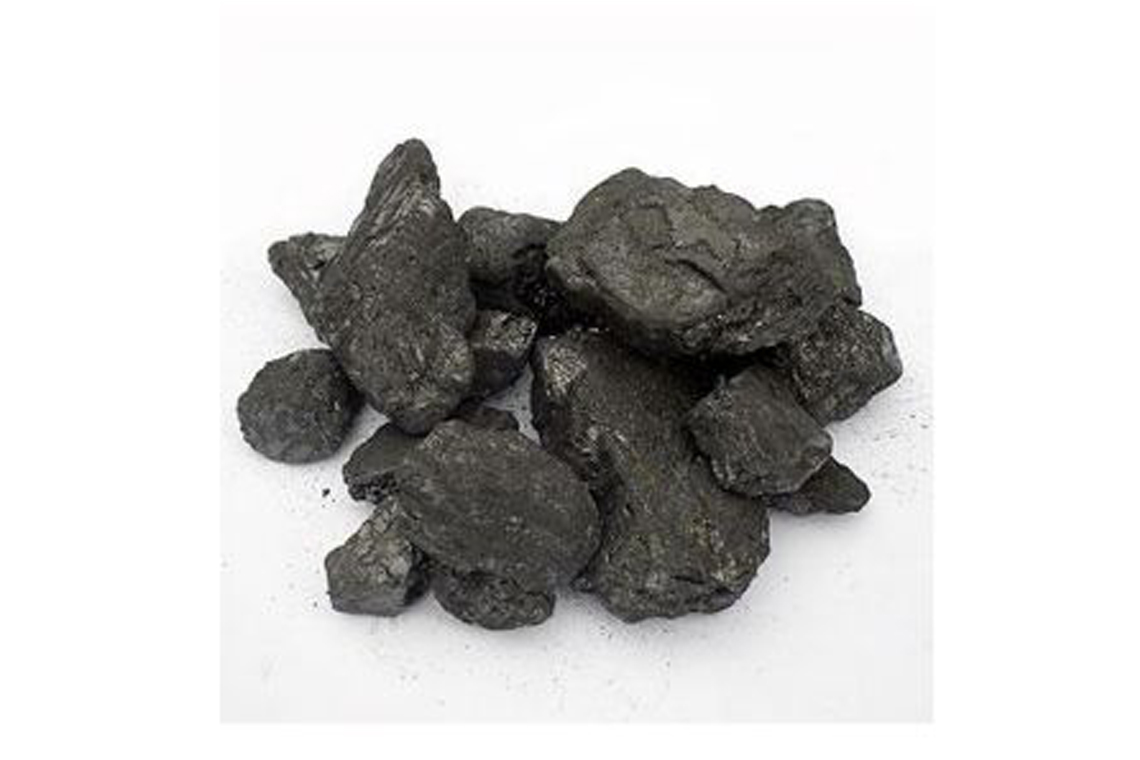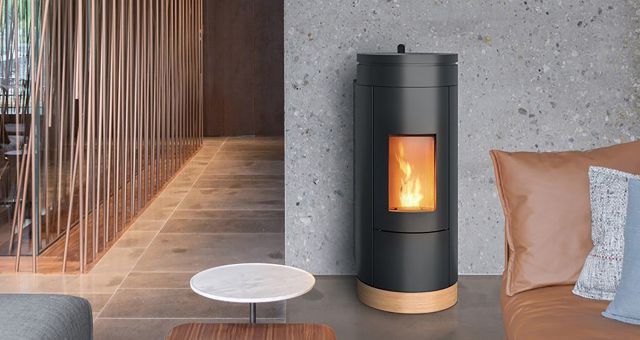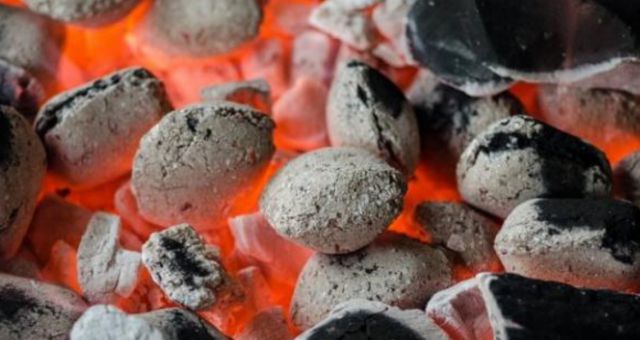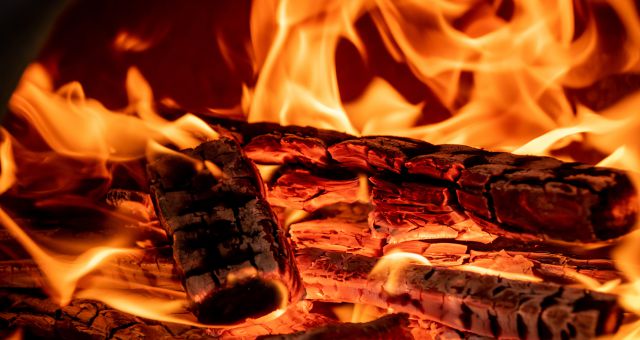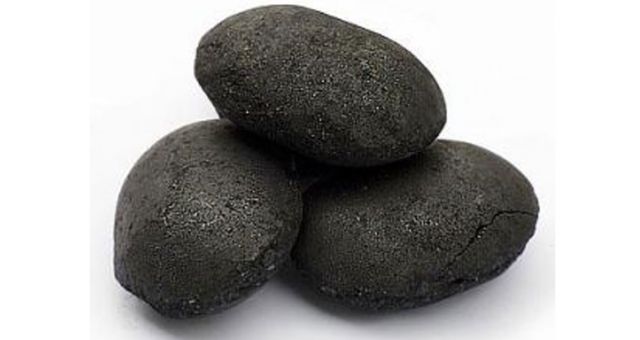Solid Fuels Safety Tips
As with any heating appliances, safety precautions need to be taken when you choose to use solid fuels. Following the advice in this article should ensure that you don’t have any problems with your burning appliance. It could also help the appliance to last longer and perform efficiently.
Sufficient airflow
Heating appliances whatever fuel they burn, need fresh air in order to function efficiently and safely. If you home has draft proofing or double glazing fittings, you may need to install vents or air bricks to the exterior wall of the room. Efficient combustion relies on a constant, and sufficient airflow which cannot be provided if the room is air tight. If you install vents or air bricks, regularly check them to ensure they are not blocked.
Soot and Ash Build-up
Some fuel products leave behind more soot or ash than others. The build up of soot and ash can prevent the free flow of smoke and other products of combustion. To enable your appliance to operate safely and efficiently, in the long run, ensure that you keep your appliance clean and do not allow the buildup of soot or ash.
Cleaning your appliance
It is important to regularly clean your fuel appliance. The ash tray should be emptied every day, the flue way at the back of a boiler should be cleaned once per week, and the throat plate at the top of a room heater should be removed and cleaned regularly. When cleaning your appliance, always let the fire go out and allow ashes to cool before cleaning waste away. It is also wise to have your chimney swept at least once per year, preferably before the winter season. If you’re burning wood or house coal, it is recommended to have your chimney swept twice per year.
Recommended Fuel
To help your burning appliance last longer, and reap the maximum benefits in terms of fuel efficiency, it is important to use the fuel recommended for your appliance. Incorrect fuels can damage the appliance and flue. This can lead to a dangerous buildup or deposits which can block the chimney. This could also cause toxic carbon monoxide fuels to be emitted into the room. To prevent potential long term damage, be sure to buy good quality recommended products, and buy your fuel from an approved coal merchant.
Additional tips
If your appliance begins to burn slowly, goes out frequently or if you smell or suspect fumes, you should take the following precautions:
- Open all doors and windows to allow a good airflow into the room
- Carefully put the fire out, or allow it to burn out itself
- Do not stay in the room longer than necessary, and do not attempt to relight the appliance until a professional has checked it
In addition to the tips above, you should have a c02 alarm fitted into the room with the fuel appliance. You should never leave an open fire unattended without a fire guard when children are in the house.

